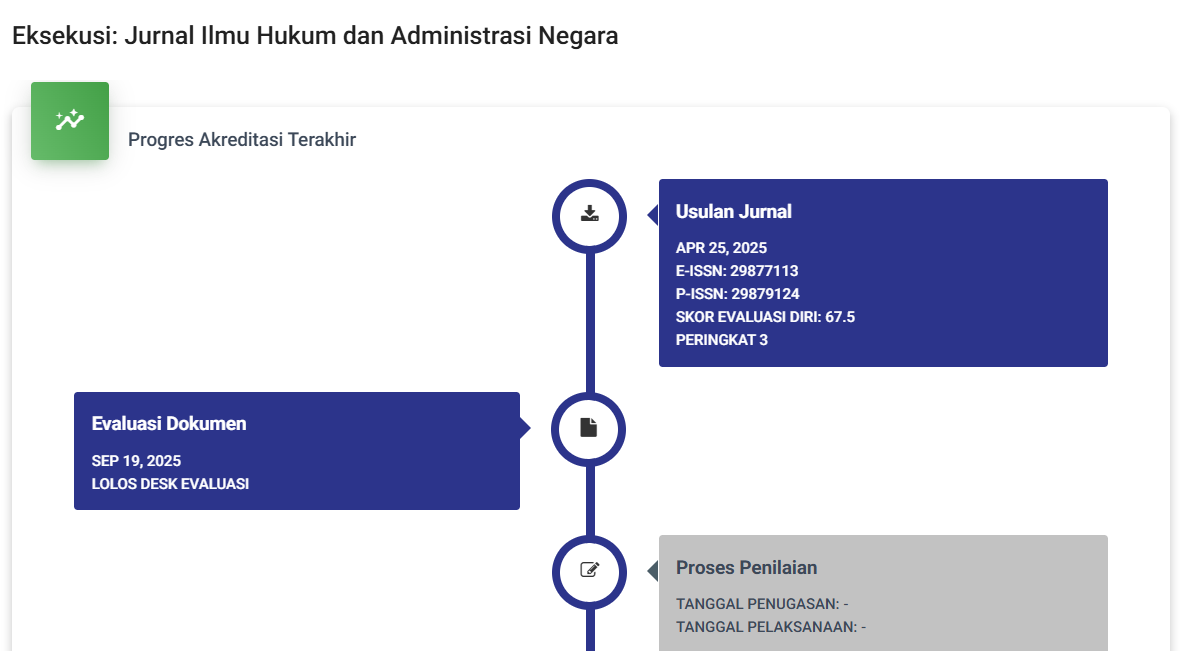Hukum Tentang Orang (Perbandingan Antara KUH Perdata Indonesia, Inggris Dan Amerika)
DOI:
https://doi.org/10.55606/eksekusi.v1i4.649Keywords:
Comparative Law Regarding Persons, Civil Code Of Indonesia, England, United States.Abstract
The law of persons is an important aspect of a country's legal system that regulates the status, rights and obligations of individuals. In this study, we will compare the legal treatment of persons in the Indonesian, British and American Civil Codes. This comparative analysis will cover several aspects,including the legal status of persons, personal rights, and legal obligations relating to individuals.
The comparison begins by looking at the legal status of people within the three legal systems. The Indonesian Civil Code recognizes a person's legal status based on nationality, age, and legal capacity. In the UK, the legal status of a person is determined by nationality and citizenship status, whereas in the United States, the legal status of a person relates to citizenship, nationality and immigration status.
The abstract is short, about 150-200 words, written with the size of 10. The abstract should be informative and briefly described the research background (review), research purposes, research method, main results, and main conclusion. The abstract is often presented separately from the complete script, so it must be able to stand on itself. The library is not allowed to be listed in the abstract, but if it is important then the citation refers only to the name of the first author and the year. The abstract is written in Indonesian and English.
In this overall comparison, it was found that although there are differences in legal approaches to persons in the Indonesian, British and American Civil Codes, there are also some similarities in the protection of individual rights. Universal legal principles such as liberty, human rights and legal responsibility remain the cornerstone of these three legal systems. Further research on this comparison can provide deeper insights in understanding legal protection for individuals in different contexts
References
Abdulkadir Muhammad. Hukum Perdata Indonesia. PT. Citra Aditya Bakti. Jakarta. 2000.
Agung Dewi Utari, A., Riendy, Y., & Sofwan, E. (2022). Akibat Hukum Wanprestasi Dalam Perjanjian Sewa Menyewa Menurut Kitab Undang-Undang Hukum Perdata. PLEDOI (Jurnal Hukum Dan Keadilan), 1(1), 48–58. https://doi.org/10.56721/pledoi.v1i1.30
Amalia, M., Indah, R. H., Simanjuntak, M. M., Ramadhani, M., Maslul, S., Aryansah, J. E., ... & Tampubolon, M. (2022). Pengantar Hukum Indonesia. Get Press.
Damaitu, E. R. (2014). Perbandingan Asas Perjanjian dalam Hukum Islam dan Kitab Undang-Undang Hukum Perdata. Jurnal Repertorium, 1.
Darda Syahrizal, S. H. (2011). Kasus-kasus Hukum Perdata di Indonesia. Galangpress Publisher.
Fuady, M. (2014). Konsep Hukum Perdata.
H. Ishaq, Dasar-Dasar Ilmu Hukum.. Sinar Grafika. Jakarta. 2015. Ishaq, Dasar-Dasar Ilmu Hukum. Sinar Grafika. Jakarta. 2015. Moeljatno. Asas-Asas Hukum Pidana. PT Rineka Cipta. Jakarta. 1993.
Ichwan Ahnaz Alamudi. (2023). Tarik-Menarik Kepentingan Dalam Legislasi Omnibus Law Undang-Undang Cipta Kerja. Primagraha Law Review, 1(1), 23-38. https://doi.org/10.59605/plrev.v1i1.355
Jauhar Nashrullah. (2023). Optimalisasi Desentralisasi Fiskal di Indonesia Pasca Lahirnya Rezim Undang-Undang HKPD. Primagraha Law Review, 1(1), 39-56. https://doi.org/10.59605/plrev.v1i1.358
PNH Simanjuntak, S. H. (2017). Hukum Perdata Indonesia. Kencana.
Suryo Sakti Hdiwijoyo, Batas Wilayah Negara Indonesia:Dimensi, Pemasalahan, dan Strategi Penanganan (sebuah Tinjauan Empiris dan Yuridis), Gava Media, Yogyakarta, 2009 .
Titik Triwulan Tutik. Pokok-pokok Hukum Tata Negara. Prestasi Pustaka. Jakarta, 2006.





